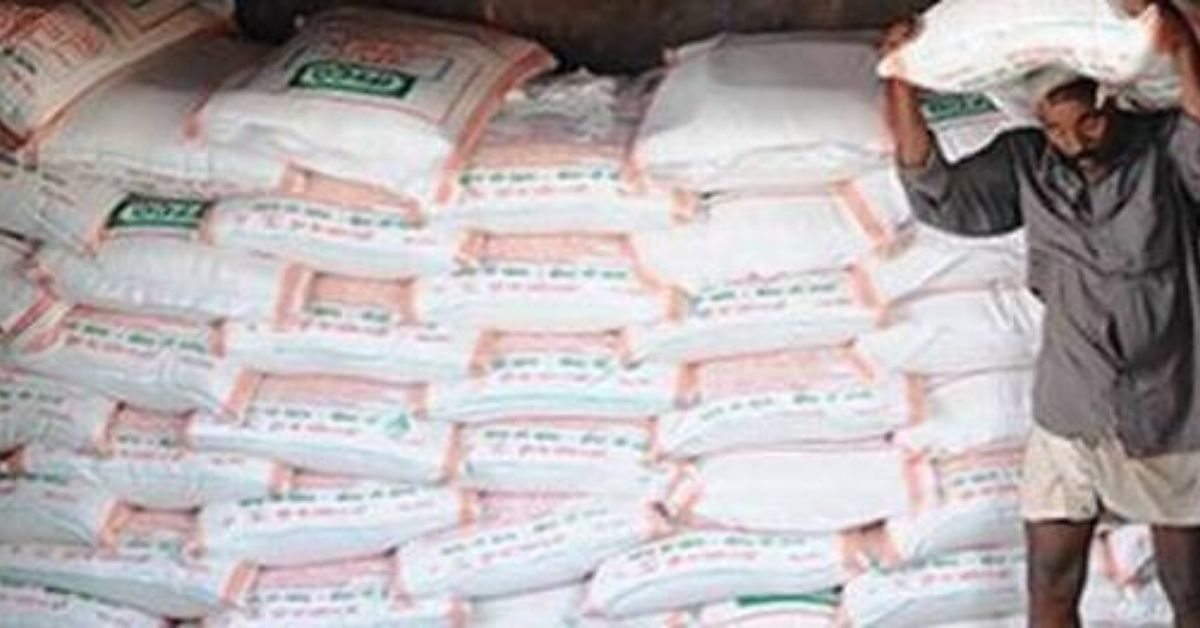The decision by the Chinese government to suspend exports of chemical fertilisers may put upward pressure on international prices of fertilsers which are already in short supply in global market, rating agency ICRA said on Monday.
China is one of the largest producers of fertilisers in the world with 31 per cent global share of urea and 42 per cent of Di-Ammonium Phosphate (DAP) capacity. China decided to suspend exports by Chinese fertiliser players to meet the robust domestic demand amid rising domestic prices driven by limited supplies and increasing energy costs. According to Sabyasachi Majumdar, Group Head & Senior Vice-President at ICRA, China accounts for 29 per cent and 27 per cent of urea and DAP imported by India. China exported 5.46 million tonnes (mt) of urea and 5.48 MT of DAP in the previous financial year, amounting to 11 per cent and 32 per cent of the global trade respectively.
Trend set to sustain
“China’s move to suspend exports will put pressure on the elevated prices in the international markets amid limited supplies. Earlier we expected the international prices to start moderating by the end of H1 FY22, with the current development, the prices are expected to sustain through the rabi season,” said Majumdar in a statement. This would mean that with rising international price levels, currency depreciation in the last couple of months and firming up of natural gas prices, the subsidy budget for fertilisers could get strained again by the end of FY22, he said.
“ICRA expects the subsidy requirement at around ₹100,000-110,000 crore at current price levels with volumes expected to remain flat or witness marginal growth in FY22. The subsidy allocation for the fertiliser sector currently stands at around ₹94,275 crore,” Majumdar said adding that the agency anticipates the government to make an additional allocation of ₹10,000-15,000 crore towards fertiliser subsidy in the second half of the current fiscal.
Indian requirement
Indian fertiliser industry is dependent on imports to meet the domestic demand as domestic production is limited.
Minister for Fertilisers and Chemicals, Mansukh Mandaviya, in a reply to a question in the Rajya Sabha last week, said the country would require around 17.75 mt of urea, 6.52 mt of DAP, 2.02 mr of MOP and around 6.19 mt of NPKS fertilsiers during the current kharif season.
Source : The Hindu Businessline







